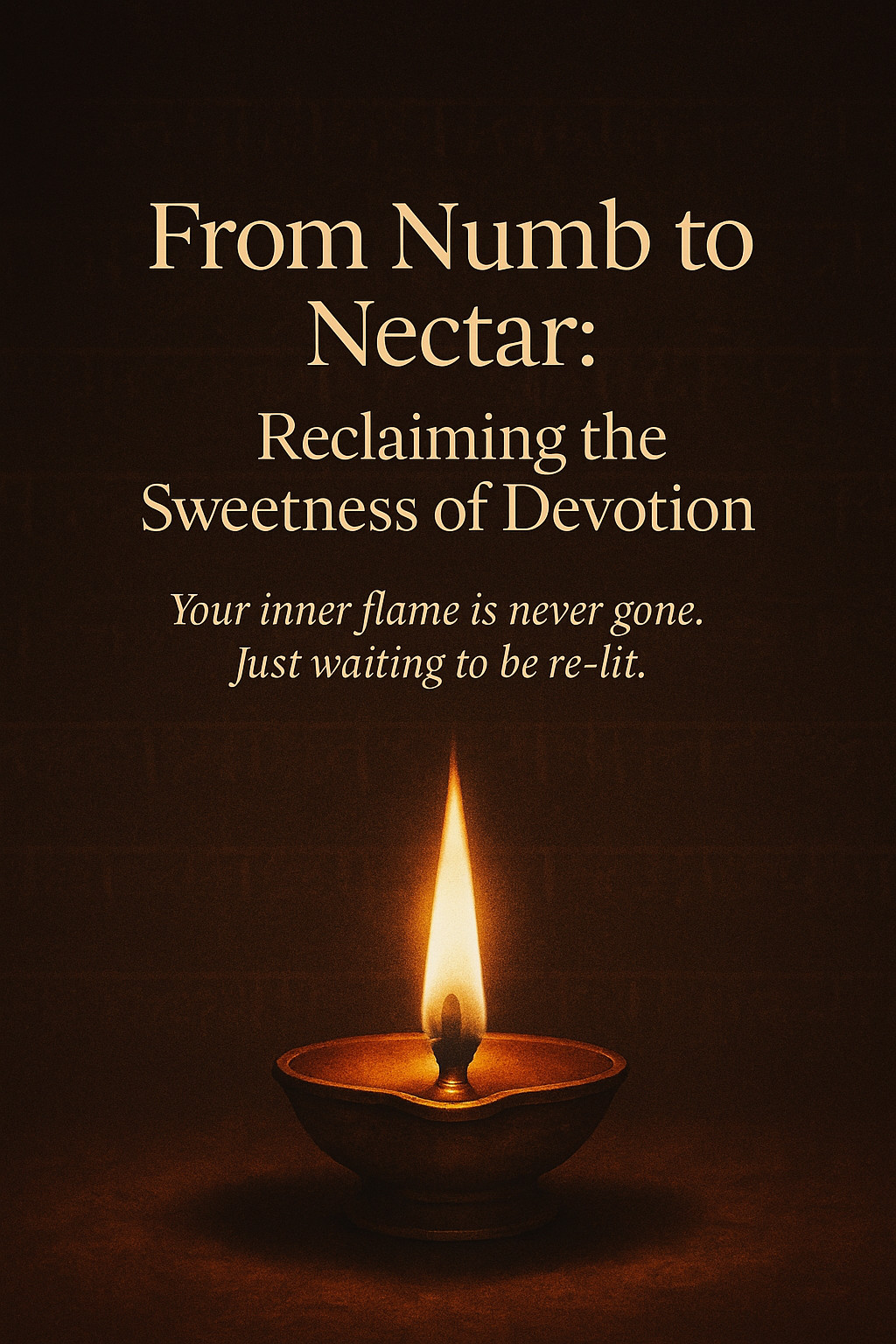The intense pain felt in the heart or chest during a breakup is due to a combination of emotional and physiological factors. Breakups trigger a profound sense of loss, similar to grief, manifesting physically in the chest due to the strong connection between emotions and physical sensations. Additionally, the brain processes emotional pain in the same areas as physical pain, causing emotional distress to feel like actual physical pain in the heart or chest.
When emotionally distressed, the body releases stress hormones like cortisol and adrenaline, leading to symptoms such as chest tightness and heart palpitations, mimicking physical heartache. The brain's attachment system, disrupted during a breakup, can create panic and anxiety, further intensifying chest pain. In extreme cases, "Broken Heart Syndrome" can occur, where emotional stress leads to temporary heart muscle weakness, mimicking heart attack symptoms.
Understanding the mind-body connection can aid in managing these symptoms. Techniques like mindfulness, deep breathing exercises, and seeking social support can alleviate both emotional and physical pain associated with breakups. This connection underscores the profound impact emotional distress can have on physical wellbeing.
Breakups can trigger intense pain in the heart or chest due to a combination of emotional and physiological factors. The emotional distress from the profound sense of loss during a breakup can manifest physically, as the brain areas responsible for processing emotional pain overlap with those that process physical pain. This overlap can make the emotional agony of a breakup feel like real physical pain in the chest or heart.
Additionally, the body's stress response further intensifies this sensation. Hormones like cortisol and adrenaline, released during emotional distress, can cause chest tightness and heart palpitations, mimicking physical heartache. Disruption of the brain's attachment system during a breakup can also lead to heightened feelings of panic and anxiety, amplifying heart and chest pain.
Extreme emotional stress can even lead to conditions like "Broken Heart Syndrome," resembling a heart attack. Withdrawal from the "feel-good" chemicals associated with romantic relationships exacerbates the sense of emptiness and physical pain. Understanding these connections can aid in managing symptoms through mindfulness, deep breathing, and social support, highlighting the deep interplay between mind and body during a breakup.
Read more...Understanding the differences in emotional processing between men and women reveals an intricate dance shaped by both biology and psychology. The blog post delves into the role of the corpus callosum, a part of the brain that influences how rapidly one can switch between logical and emotional thinking. Women generally have a thicker corpus callosum, allowing for quicker transitions, while men take longer, particularly when shifting from analytical to emotional modes.
These neurological differences can affect relationships significantly. Women often navigate seamlessly between discussing practical solutions and diving into emotional depths, whereas men may take more time to access and articulate their feelings. This can lead to misunderstandings, with women feeling unheard and men needing more patience to process their emotions fully.
Personal experiences, like the one shared between the blog author and his partner, illustrate the importance of patience and understanding in fostering deep intimacy. By acknowledging and respecting each other's neurological and emotional processing speeds, couples can create a supportive environment for emotional exploration and connection, ultimately strengthening their relationships.
Read more...Khalil Gibran's quote encapsulates a profound perspective on love, suggesting it transcends the conventional wisdom of long companionship and persistent courtship. He posits that true love is born from a spiritual affinity, an instantaneous connection that does not necessarily develop over time. Gibran implies that without this immediate spiritual bond, love may never manifest, regardless of time or effort.
This viewpoint highlights the mystical and spontaneous nature of love, depicting it as an innate, uncontrollable force that connects two souls from the outset or not at all. Gibran's ideas resonate with his broader themes of love, spirituality, and deep human connections, offering both a comforting and challenging perspective on relationships. By placing the essence of love in the spiritual realm, Gibran suggests that love is an inherent bond rather than something that can be nurtured or cultivated over time.
Read more...This article highlights a nurturing philosophy for relationships based on mutual respect and empathy. It advocates for loving without being possessive, appreciating without judgment, and joining lives without overwhelming each other. Encouragement without demands and leaving without guilt further ensure a trusting and mature bond.
Additionally, constructive criticism without blame and offering help without belittlement are essential for a harmonious partnership. These principles foster a positive, supportive environment where both individuals respect each other's autonomy and growth. When embraced by both partners, these practices can lead to a deeply fulfilling and enriching relationship.
Read more...Rebuilding trust and connection in a relationship after facing challenges can be deeply healing. Open Communication Sessions are essential, as they create a safe space for both partners to express feelings, fears, and desires without judgment, using "I" statements and active listening. Additionally, practicing Kundalini Yoga together can enhance spiritual and emotional intimacy, helping to clear emotional blockages and creating a sense of unity.
Reflecting and forgiving past hurts through written letters can address wounded feelings and foster a desire to move forward, both privately or aloud. Creating a shared vision board aligns future goals and dreams as a couple, reinforcing mutual commitment. Engaging in daily acts of kindness, setting aside time for trust-building exercises, and seeking professional counseling can significantly aid in rebuilding trust.
Participating in selfless service (Seva), planning a reconnection retreat, and cultivating a daily gratitude ritual are powerful ways to reconnect and solidify the relationship. These activities focus on reinforcing shared values, removing distractions, and fostering a positive atmosphere. Through consistency and mutual commitment, couples can gradually rebuild trust, sensitivity, and a committed vision for the future.
Read more...
